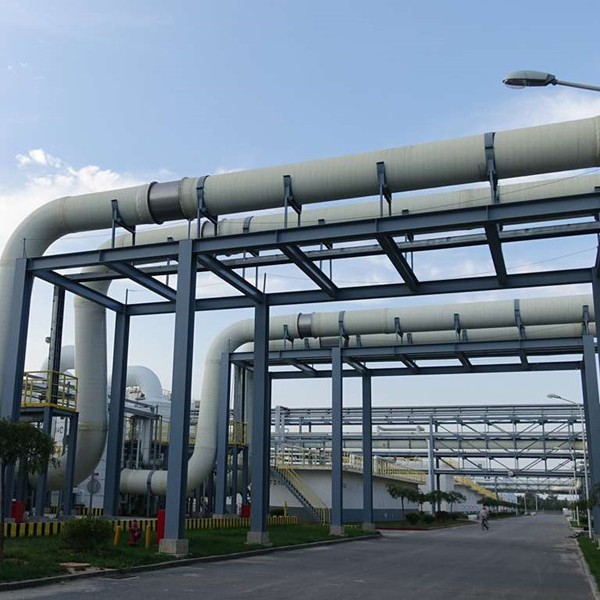
-
 Afrikaans
Afrikaans -
 Albanian
Albanian -
 Amharic
Amharic -
 Arabic
Arabic -
 Armenian
Armenian -
 Azerbaijani
Azerbaijani -
 Basque
Basque -
 Belarusian
Belarusian -
 Bengali
Bengali -
 Bosnian
Bosnian -
 Bulgarian
Bulgarian -
 Catalan
Catalan -
 Cebuano
Cebuano -
 China
China -
 China (Taiwan)
China (Taiwan) -
 Corsican
Corsican -
 Croatian
Croatian -
 Czech
Czech -
 Danish
Danish -
 Dutch
Dutch -
 English
English -
 Esperanto
Esperanto -
 Estonian
Estonian -
 Finnish
Finnish -
 French
French -
 Frisian
Frisian -
 Galician
Galician -
 Georgian
Georgian -
 German
German -
 Greek
Greek -
 Gujarati
Gujarati -
 Haitian Creole
Haitian Creole -
 hausa
hausa -
 hawaiian
hawaiian -
 Hebrew
Hebrew -
 Hindi
Hindi -
 Miao
Miao -
 Hungarian
Hungarian -
 Icelandic
Icelandic -
 igbo
igbo -
 Indonesian
Indonesian -
 irish
irish -
 Italian
Italian -
 Japanese
Japanese -
 Javanese
Javanese -
 Kannada
Kannada -
 kazakh
kazakh -
 Khmer
Khmer -
 Rwandese
Rwandese -
 Korean
Korean -
 Kurdish
Kurdish -
 Kyrgyz
Kyrgyz -
 Lao
Lao -
 Latin
Latin -
 Latvian
Latvian -
 Lithuanian
Lithuanian -
 Luxembourgish
Luxembourgish -
 Macedonian
Macedonian -
 Malgashi
Malgashi -
 Malay
Malay -
 Malayalam
Malayalam -
 Maltese
Maltese -
 Maori
Maori -
 Marathi
Marathi -
 Mongolian
Mongolian -
 Myanmar
Myanmar -
 Nepali
Nepali -
 Norwegian
Norwegian -
 Norwegian
Norwegian -
 Occitan
Occitan -
 Pashto
Pashto -
 Persian
Persian -
 Polish
Polish -
 Portuguese
Portuguese -
 Punjabi
Punjabi -
 Romanian
Romanian -
 Russian
Russian -
 Samoan
Samoan -
 Scottish Gaelic
Scottish Gaelic -
 Serbian
Serbian -
 Sesotho
Sesotho -
 Shona
Shona -
 Sindhi
Sindhi -
 Sinhala
Sinhala -
 Slovak
Slovak -
 Slovenian
Slovenian -
 Somali
Somali -
 Spanish
Spanish -
 Sundanese
Sundanese -
 Swahili
Swahili -
 Swedish
Swedish -
 Tagalog
Tagalog -
 Tajik
Tajik -
 Tamil
Tamil -
 Tatar
Tatar -
 Telugu
Telugu -
 Thai
Thai -
 Turkish
Turkish -
 Turkmen
Turkmen -
 Ukrainian
Ukrainian -
 Urdu
Urdu -
 Uighur
Uighur -
 Uzbek
Uzbek -
 Vietnamese
Vietnamese -
 Welsh
Welsh -
 Bantu
Bantu -
 Yiddish
Yiddish -
 Yoruba
Yoruba -
 Zulu
Zulu
Dimensions of Rectangular Tank for GRP Calculations and Design Considerations
Understanding the Calculation of GRP for a Rectangular Tank
The design and construction of water tanks are crucial aspects of civil engineering and environmental management. Among various tank types, rectangular tanks are prevalent due to their efficient use of space and straightforward construction. When calculating the Glass Reinforced Plastic (GRP) needed for these tanks, it’s essential to understand the tank’s dimensions, the properties of GRP, and how these factors contribute to the overall design and structural integrity of the tank.
What is GRP?
Glass Reinforced Plastic, commonly referred to as fiberglass, is a composite material made from a plastic matrix reinforced with glass fibers. This combination provides significant strength, lightweight properties, and resistance to corrosion, making GRP an ideal choice for constructing water tanks. GRP tanks are advantageous for storing water in various settings, including commercial, industrial, and residential applications.
Dimensions of a Rectangular Tank
To illustrate the calculation of GRP for a rectangular tank, let’s consider a tank with standard dimensions. Assume a tank that is 4 meters long, 3 meters wide, and 2 meters deep. These dimensions will be crucial for calculating both the surface area and the volume of the tank, which directly influence the amount of GRP required.
2. Calculating the Surface Area
The surface area \( A \) is important for determining the amount of GRP required for the tank’s construction. The formula for the surface area of a rectangular prism is
\[ A = 2(\text{length} \times \text{width} + \text{width} \times \text{height} + \text{height} \times \text{length}) \] Plugging in our dimensions \[ A = 2(4 \times 3 + 3 \times 2 + 2 \times 4) = 2(12 + 6 + 8) = 2(26) = 52 \, \text{square meters} \]
rectangular tank with dimensions for grp calculation.

GRP Requirement Calculation
Once we have the surface area, we can calculate the amount of GRP required. The standard thickness of GRP used for water tanks can vary, but for this example, let's assume we require a thickness of 5 millimeters (0.005 meters). The volume of GRP used can be calculated as follows
\[ \text{Volume of GRP} = \text{Surface Area} \times \text{thickness} \]
Thus
\[ \text{Volume of GRP} = 52 \, \text{m}^2 \times 0.005 \, \text{m} = 0.26 \, \text{cubic meters} \]
Cost and Considerations
Calculating the volume of GRP needed for construction is only one part of the process. It’s also vital to consider the cost of materials, labor for installation, and compliance with local regulations concerning water storage facilities. GRP tanks, while initially more expensive than traditional materials, often have lower maintenance costs and longer lifespans, making them a more economical choice in the long run.
Conclusion
In summary, the design and calculation of GRP for a rectangular tank involve understanding the tank's dimensions and applying basic geometric formulas to estimate the volume and surface area. The utilization of GRP provides durable, corrosion-resistant, and lightweight solutions for water storage, which are essential in various applications. By carefully considering these factors, engineers can ensure that they design efficient and effective water storage systems that meet the needs of today and the future. As urban environments continue to grow, the demand for reliable water storage solutions will only increase, making the knowledge of such calculations essential for all those in the relevant fields.









